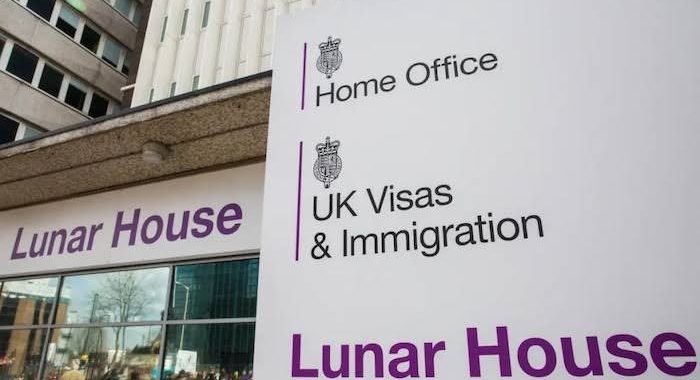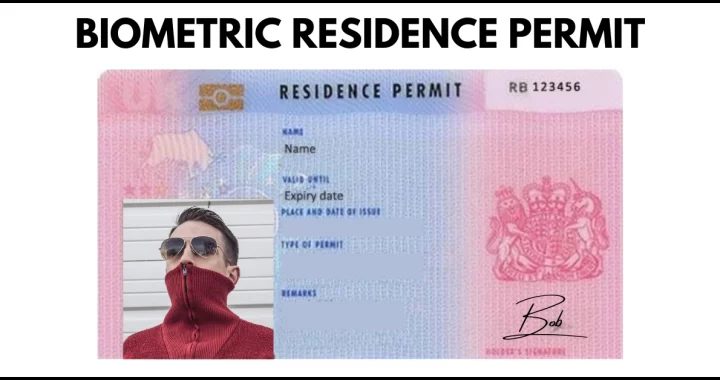Guide for migrating from Settled Status to Citizenship in the UK
6 min readUnited Kingdom (UK) Prime Minister Sir Keir Starmer
Moving from Settled Status to British citizenship is the final step for many individuals who have made the UK their permanent home.
Settled Status, granted under the EU Settlement Scheme, allows individuals to live and work in the UK indefinitely. However, it does not grant the full rights and privileges of British citizenship, such as holding a British passport or voting in all elections.
To apply for citizenship, applicants must meet certain requirements. These include holding Settled Status for at least 12 months unless married to a British citizen, demonstrating continuous residence in the UK, and proving good character.
Applicants must also meet the Life in the UK Test requirement and provide evidence of sufficient English language proficiency.
As with all British citizenship applications, the UK naturalization application demands extensive supporting documents, which settled status holders must comply with to avoid any issues, delays or a refused application.
One key consideration is ensuring absences from the UK do not exceed the allowed limits, typically no more than 450 days in the five years before applying, or 270 days if married to a British citizen.
Settled status holders may be eligible to apply for British citizenship if they meet the qualifying criteria for UK naturalization:
Age: You must be 18 years old or over.
Qualifying period of residence: You have spent 3 continuous years in the UK before your application date (the ‘qualifying period’).
If you previously held permanent residence status that has been transferred to settled status, you can use this period of permanent residence towards the 12-month qualifying period.

Lawful UK immigration status: You have held for at least 12 months either Indefinite leave to remain in the UK, or permanent residence or EU settled status.
Absences: Your total number of absences from the UK over the qualifying period must not exceed 270 days. Your total number of absences from the UK during the 12 months before application must not exceed 90 days.
Good character: You must satisfy the good character requirements and not have a serious or recent criminal record.
Knowledge of language and life in the UK: You must satisfy the English language requirements and pass the Life in the UK test.
Compliance with immigration rules: You must have been compliant with UK immigration rules throughout the qualifying period.
Intent to reside: You must show intention to remain in the UK. You do not need a permanent residence card to apply to naturalize with settled status.
Among the requirements for British citizenship is being able to prove that you have lived in the UK for a period of 12 months after the date you were granted Settled Status and that you were not in breach of immigration laws during the five-year qualifying period.
A potential issue for Settled Status holders applying to naturalize is that, Settled Status (SS) in itself may not, in rare circumstances, confirm past lawful residence in the UK.
This arises because the EU Settlement Scheme required proof of five (5) years of continuous residence but did not require evidence of being in the UK lawfully under the EEA Regulations 2016, as defined by the British Nationality Act 1981.
In other words, physical residence needed for Settled Status does not equate to living in accordance with the EEA Regulations, which was required for citizenship applications.
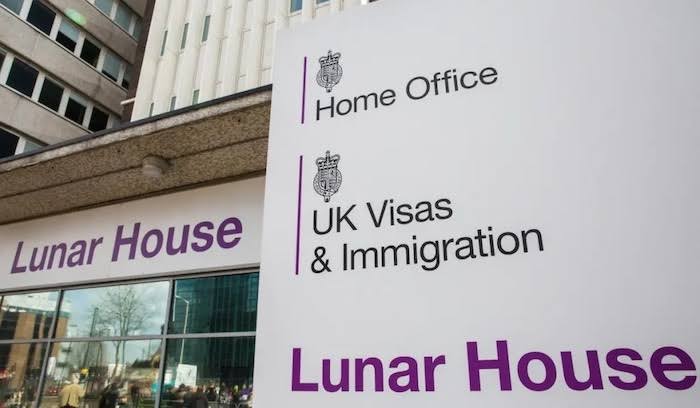
This contrasts with the Permanent Residence application process, which required extensive evidence of 5 years of exercising Treaty rights (e.g., as a worker, job seeker, self-employed, student, or self-sufficient person).
As a result: The European Union EU nationals and their family members may, in some cases, need to wait longer to apply for citizenship to establish a sufficient qualifying period of lawful residence.
The Home Office may request further information to demonstrate that the applicant was lawfully resident in the UK before Settled Status was granted.
However, under current rules, the Home Office has confirmed that caseworkers do not need to enquire into lawful residence where an applicant already holds Indefinite Leave to Remain (ILR) or Indefinite Leave to Enter (ILE), regardless of how it was acquired.
This means that periods of residence already assessed in earlier applications (e.g., for Settled Status) will not be revisited, except in cases where new information emerges that would have affected the original ILR/ILE decision. Such situations are expected to be rare.
Absences from the UK during the residential qualifying period will still be assessed. Typically, applicants must not have been absent for more than 450 days in the five years before applying or 270 days if applying as the spouse of a British citizen.
In addition, under the good character requirement, personal immigration breaches that occurred before the grant of ILR or ILE will not cause an application to fail solely on that basis.
However, this exception applies only to immigration history. Other issues, such as criminal convictions or serious misconduct, will still be considered when assessing good character.
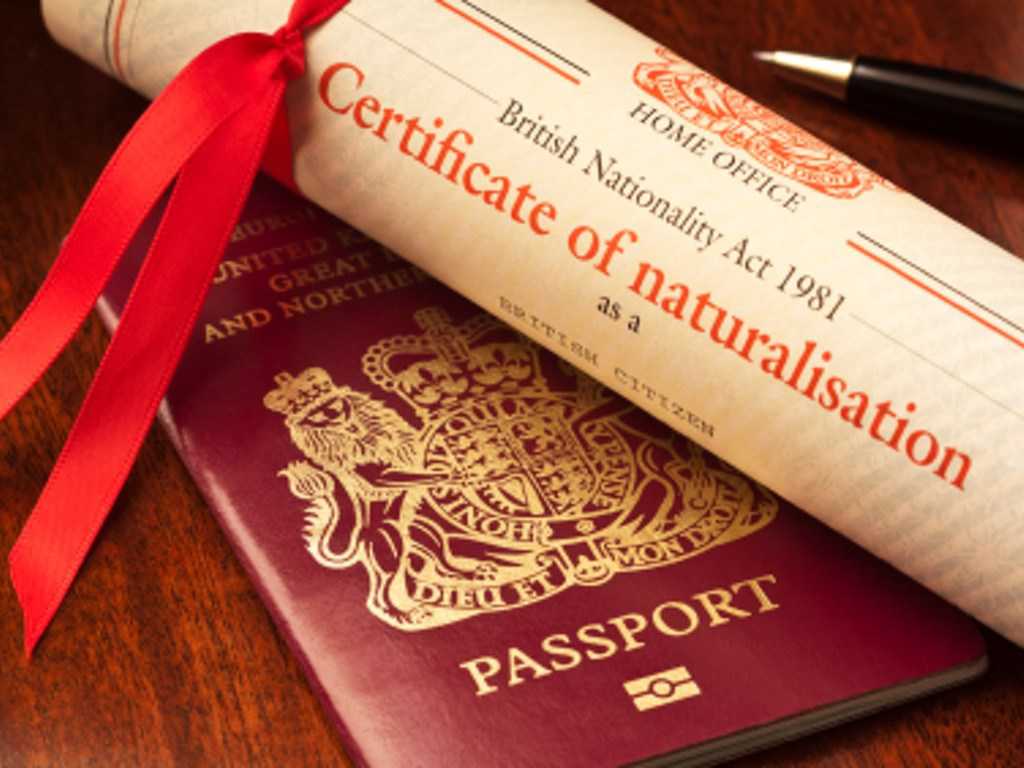
Applying for British citizenship involves a commitment to respect the laws, values and traditions of the UK, and in return, you will be granted the same rights and advantages as any other British national, not least that you can live and work in the UK free from immigration control.
You will also be able to apply for a British passport and attain the right to vote in local and general elections.
Naturalization is the process of being granted British citizenship by satisfying certain eligibility criteria.
If your application for settled status under the EU settlement scheme is granted, you will need to wait a further 12 months before you can apply to naturalize.
This is regardless of how long over and above the 5-year minimum naturalization residence requirement you have lived in the UK.
In most cases, this means that you will need to wait until you have lived in the UK for six (6) years before you can apply for British citizenship.
This differs from the rules applicable to EU citizens who have applied for UK permanent residence, who may be able to apply for citizenship as soon as they have attained the five years’ residency without waiting a further 12 months, such as spouses of British citizens and UK-settled persons.
Eligibility for British citizenship will also depend on meeting further qualifying criteria: You are aged 18 or over. You are of sound mind.
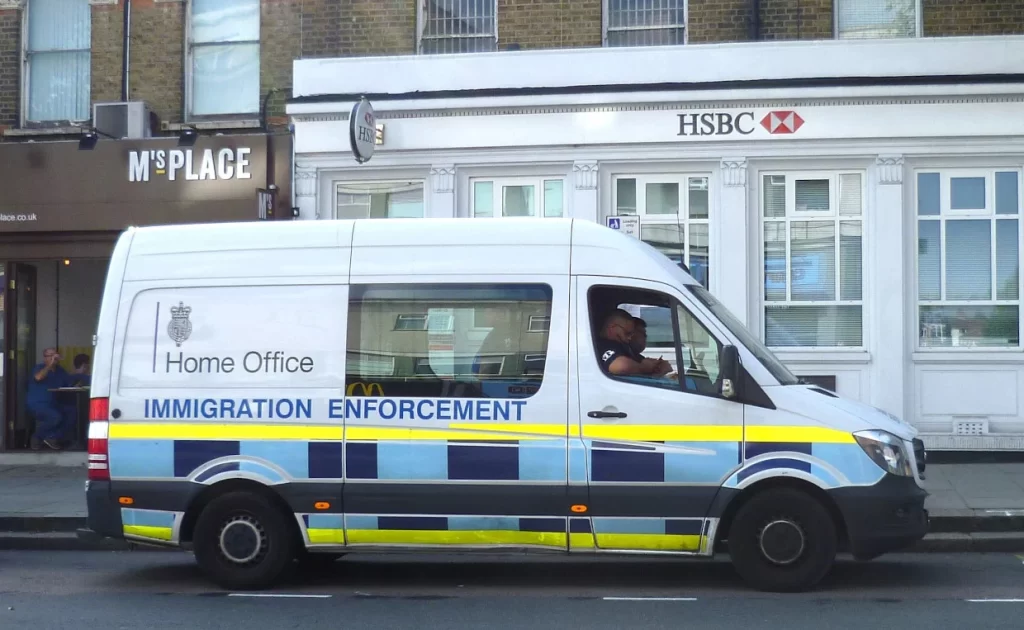
You are of good character, i.e.; no recent or serious criminal record. You have sufficient knowledge of language and life in the UK.
You meet the residence requirements, i.e; not being absent for more than a set number of days during the five-year period of residence.
You intend to continue to live in the UK unless you are married to or in a civil partnership with a British citizen. Provided you meet the eligibility criteria, including the continuous residence requirement, you can apply to become a British citizen by naturalization using an online form. You can also apply by post using Form A.N. entitled “Become a British citizen by naturalization”. It costs about £1,630 to apply.
As part of the application, you will be asked various questions relating to the eligibility criteria, including how you intend to satisfy the requirement to have sufficient knowledge of language and life in the UK.
The ability to communicate in English, and have knowledge of life in the UK, forms an integral part of the commitment to respect the laws, values and traditions of the UK.
Unless exempted, you will need to have first passed the “Life in the UK test” prior to submitting your application. Further, unless you are a national of a majority English-speaking county, you will also need to provide evidence of: an approved English speaking and listening qualification. A UK degree or other academic qualification deemed to be equivalent to a UK qualification taught or researched in English.
As part of the application process, you will also need to make an appointment at a UK Visa and Citizenship Application Services (UKVCAS) service point to, provide your biometric information, i. e; your fingerprints and a photo. This will cost an additional £19.20.
British citizenship application decisions can take up to 6 months. If successful, you must attend a Home Office citizenship ceremony within three months where you will be asked to affirm or swear an oath of allegiance to Her Majesty the Queen, and to pledge your loyalty to the UK. It costs £80 to attend a group ceremony.
Following the ceremony, you will be presented with your certificate of naturalization under British citizenship. Please note that you may be fined if you do not return your biometric residence permit back to the Home Office within five working days of getting your certificate of British citizenship.
With British citizenship, you can then apply for a British passport.
Dr George Ogunjimi
Juris Republic
jurisrepubliclegal@gmail.com
![]()

